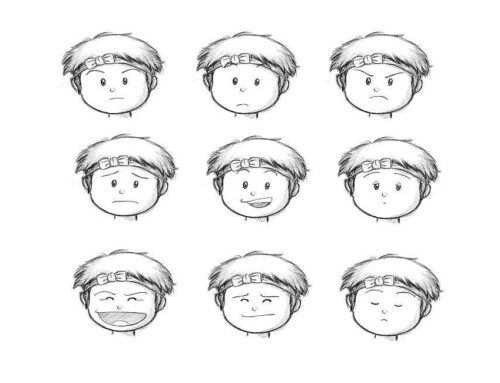Parents’ acceptance and contribution to their children’s use of mobile phones has changed the way kids develop social skills. While parents may argue in support of either the pros or cons, it is hard to deny that the cultural shift is irreversible. It’s important to understand the impact on kids.
Use of Digital Devices Impacts Development of Social Skills
While computer use can positively relate to cognitive and academic skills, it can negatively impact social and psychological development.
- Increased social isolation
- Interferes with the time children would otherwise spend interacting with peers
- Reduces face-to-face play
- Robs children of using their own imagination during playtime
Technology decreases time spent interacting face-to-face, a critical developmental experience that is replaced with impersonal chats that lack emotional clarity or consequence. Said differently, when children play and communicate directly with each other, they witness facial expressions, a shift in body language, and hear any changes in their friend’s tone of voice. Text chats eliminate those experiences. Emojis are generic and fail to replicate a person’s true feelings.
Children develop social skills through listening, talking, reading, laughing and interacting with others. Those interactions are lost when communicating through the use of a digital device.
How Digital Devices – From TVs to Smartphones – Affect Child Development and the Brain
- Babies and toddlers may develop a warped sense of reality and self-perception
- Reduced physical activity
- Repetitive reliance on solitary, isolated activities impact psychological well being
- Fewer opportunities for verbal interaction with parents is associated with the negative development of language skills, self-regulation, and academic scores
- Social dimensions of imaginary play is eliminated
- Increased reliance to be constantly entertained reduces children’s ability to self-regulate
- Associations exist between the use of digital devices and impaired social-emotional development as well as behavioral problems







Leave A Comment